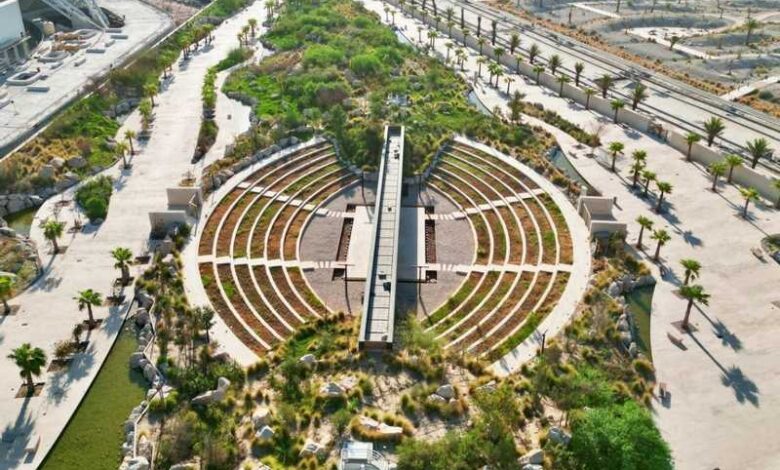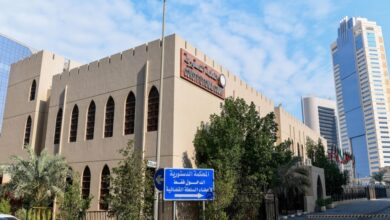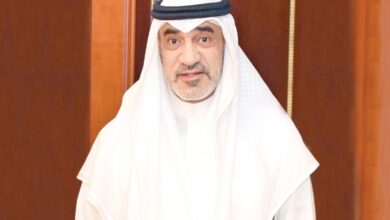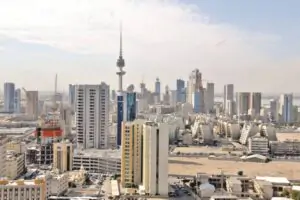Sabah Al-Salem University City adopts clean energy practices
The campus buildings feature a central cooling system that uses water cooling which consists of three central plants providing cooling energy equivalent to 108,000 tons, characterized by its ability to save electrical energy.

• Kuwait University is committed to sustainability standards in the Sabah Al-Salem University City to protect the environment, reduce energy consumption, conserve resources, and enhance reliance on renewable energy.
Kuwait University announced that its new buildings in Sabah Al-Salem University City foster an educational, social, and developmental environment. The university is committed to meeting sustainability standards within the university city to protect the environment, reduce energy consumption, conserve natural resources, and increase reliance on renewable energy sources, according to Al Qabas newspaper.
The university indicated in a press report that, in line with the standards and requirements of the silver classification for leadership in energy and environmental design, the campus buildings feature a central cooling system that uses water cooling. This system consists of three central plants providing cooling energy equivalent to 108,000 tons, characterized by its ability to save electrical energy. Additionally, solar cells have been installed on the roofs of facilities and college buildings to harness solar energy, which is considered one of the clean and renewable energy sources. Approximately 1,900 solar collectors are in use, providing energy equivalent to about four million watts per hour annually.
The university also highlighted its commitment to maximizing natural lighting in its designs by incorporating elements such as roofs, domes, and glass walls in the Sabah Al-Salem University City projects. This approach aims to reduce electricity consumption for lighting during the day.
Furthermore, shading for the facades of campus colleges and buildings is achieved through double facades, which lessen the impact of direct sunlight. This architectural double cladding method provides shade for internal spaces, reducing cooling loads and consequently decreasing energy usage.
The report also highlighted the implementation of a special waste management strategy, in which waste is collected, separated, and transported for recycling. Special facilities have been established to separate plastic, paper, biological, and hazardous waste.
Additionally, the report emphasized the incorporation of green spaces and ornamental plants. The central area of the campus is designed as a large green space known as “the oasis,” along with reception gardens at the northern and southern sand dunes. Kuwait Park features rest areas, pedestrian corridors, and water bodies, and the areas with green crops are irrigated with triple-treated water.
Development standards at Sabah Al-Salem University
- Achieving sustainability standards.
- Reducing energy consumption.
- Adopting a water cooling system.
- Incorporating green spaces in the university design.
- Implementing a waste management strategy.












